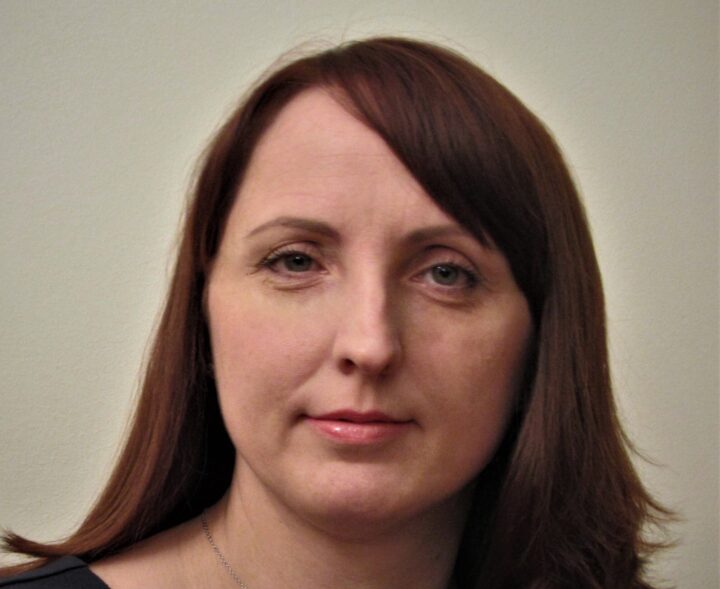INVEST visitor: Wioletta Grzenda
In the “INVEST visitors” series, we present visiting professors and fellows who have arrived at the flagship INVEST. This time we are introducing Associate Professor Wioletta Grzenda.
I am Wioletta Grzenda, Associate Professor at the Institute of Statistics and Demography at the SGH Warsaw School of Economics. I hold a Ph.D. in Mathematics and a D.Sc. degree in economics and finance. I am the head of the Statistical Methods and Business Analytics Unit and of postgraduate studies Data Science in Business.
My research interests focus on data analytics, with particular attention to statistical methods including Bayesian techniques, machine learning methods, and the applications of these methods to labour market and fertility issues. I am the author and co-author of books on Bayesian statistics, advanced statistical methods, and programming in data analytics.
Why do you want to visit INVEST?
I am particularly interested in collaborating with INVEST researchers working on family dynamics, labour market transitions, and life-course patterns. We have planned research on the timing of first childbirth and gendered career trajectories after parenthood, which are closely aligned with the core themes of the INVEST Research Flagship Centre. I see this visit as a valuable opportunity to exchange ideas and benefit from the interdisciplinary expertise concentrated at INVEST.
One of the motivations for my visit is also the opportunity to work together with INVEST on the unique Finnish population register data, which allows insights into employment histories, fertility behaviour, and family formation patterns. The collaboration with the INVEST research community offers an exceptional environment for conducting such research.
What do you hope to reach during your visit to INVEST?
As part of the INVEST visiting fellowship, I look forward to collaborating with Dr. Jessica Nisén and other researchers at INVEST.
Our aim is to explore the complex relationship between work and family careers in Finland by utilising the unique INVEST register data, with a specific focus on job mobility around the time of parenthood.
Our goal is to provide new insight on the contemporary family-demographic landscape in Finland and uncover patterns that could help inform the design of social policies aimed at supporting individuals in achieving their goals in both work and family life. I also hope that this collaboration will lay the groundwork for future research collaboration with the INVEST community.

